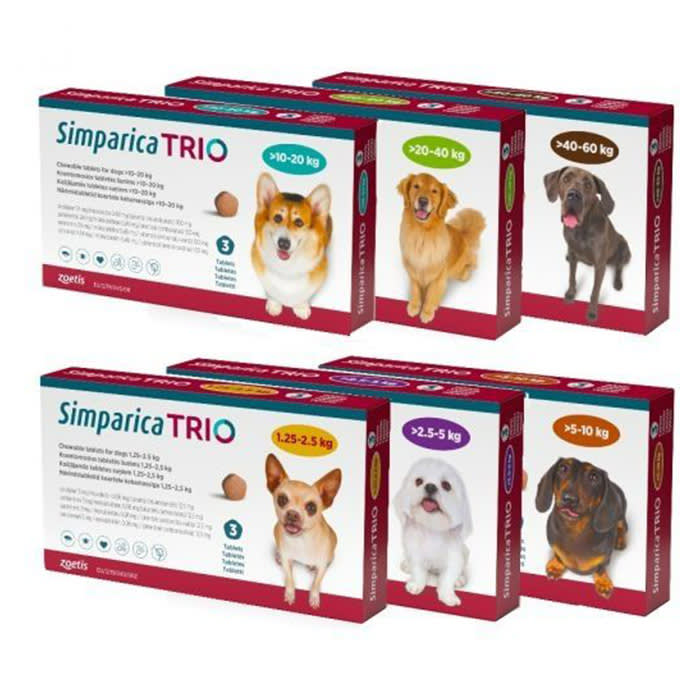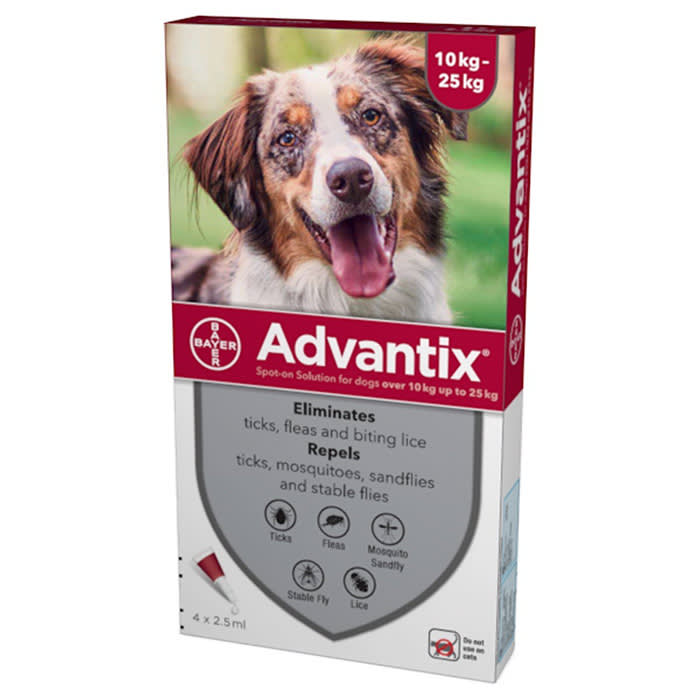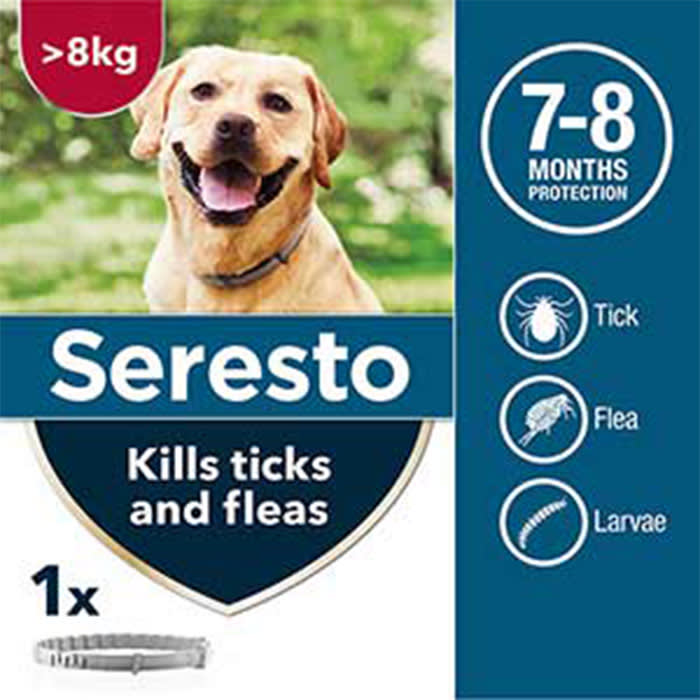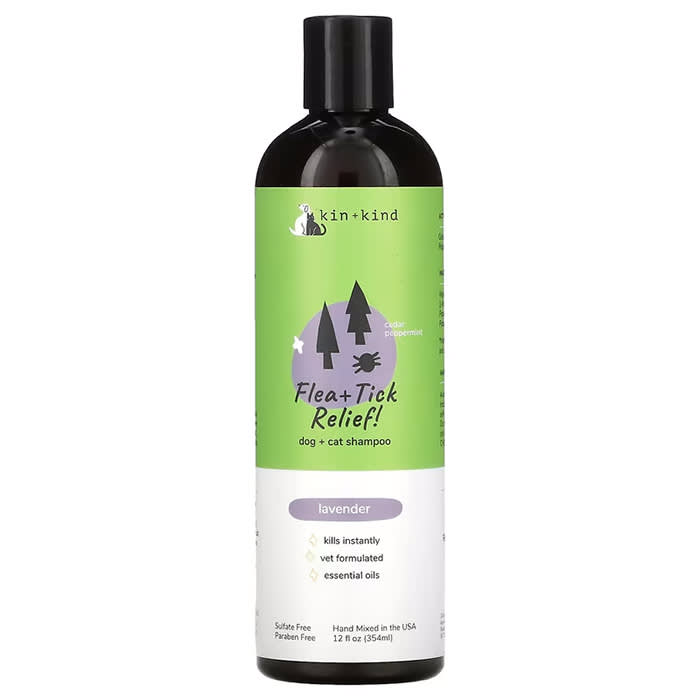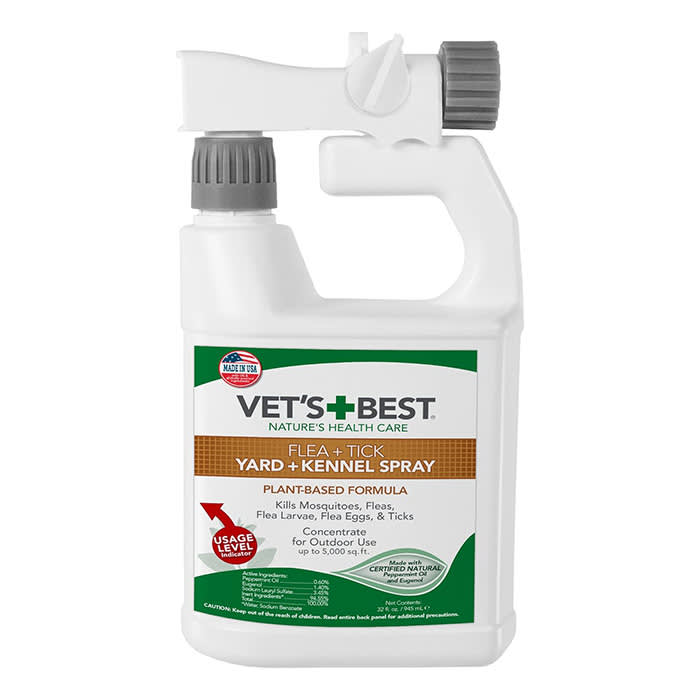The Best Flea and Tick Preventatives and Treatments For Dogs
Because an infestation is the last thing your pup – and your home – needs
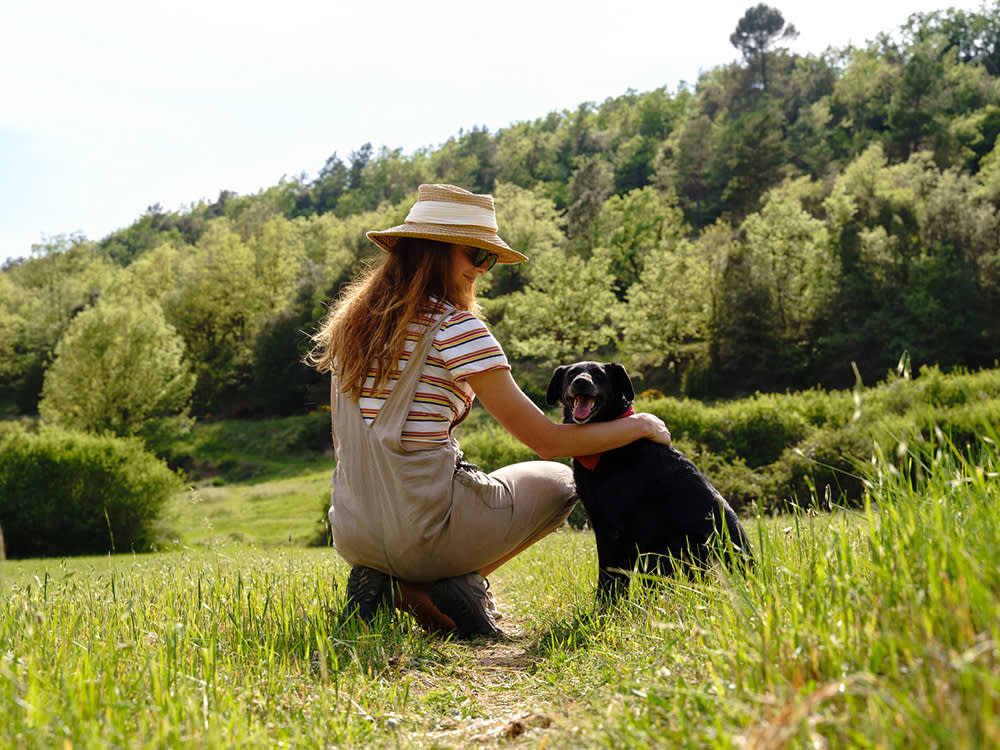
Share Article
There are very few downsides to having a lovely ball of fluff in the family, but fleas and ticksopens in a new tab are certainly one of them – and personally, I am over this boogeyman-bug horror showopens in a new tab. Thankfully, there are more options than ever for combating these blood-thirsty pests and keeping both your pets and your non-fur family safe.
“Tick control is important not just to take care of pets, but also to prevent establishing a transmission cycle where the pathogens can be transmitted to the humans in the household,” says Dr Maria Esteve-Gasent, an assistant professor at Texas A&M College of Veterinary Medicine & Biomedical Sciences.

littleKin™ is Kinship’s home just for puppy and kitten parents. Bop over to check out expert advice, new pet tools, and special deals—all curated for your newest family member.
opens in a new tabEven better, more products are coming to the market that utilise natural methods to stave off fleas and ticks; these chews, collars, sprays and treatments can give you some peace of mind about keeping your pup safe from both bugs and harsh chemicals. Ahead, our choices for the best flea and tick preventatives for dogs to keep those pests at bay.
Btw, our editors (and their pets) picked out these products. They’re always in stock at the time we publish, but there’s a chance they’ll sell out. If you do buy through our links, we may earn a commission. (We’ve got a lot of toys to buy over here, you know?)
Best oral chew
Best oral chew for large dogs
Best topical spot flea treatment
Best flea and tick collar
Best all-natural treatment
Best large spray
Keep in mind that even when using these products, experts recommend you be on the lookout for signs of any tick-borne illness after finding a tick on your pet. “Most of the clinical signs associated with tick-borne diseases are lethargyopens in a new tab, fever, weight loss, joint painopens in a new tab and swelling, weakness, enlarged spleen or lymph nodes, and changes in gum colouration,” says Dr Esteve-Gasent.
Even so, these products are the first line of defence in keeping you and your pet safe.

Rebecca Caplan
Rebecca Caplan is a writer based in Brooklyn whose work has been featured in The New Yorker, Reductress, and Vulture. She lives in Brooklyn with her perfect, toothless dog Moose.
Related articles
![Winterizing your dog's coat - Dog laying in the snow.]() opens in a new tab
opens in a new tabNatural Remedies for Dry Skin: How to Help Dry Skin on Dogs
Spoiler: the ingredients are probably already in your cupboard
![Fluffy brown and white puppy dog scratching a lot with its paw]() opens in a new tab
opens in a new tabYour Itchy Dog Deserves Relief – Here’s What to Do
How you can help them feel better – fast
![a Chihuahua dog licking their paw]() opens in a new tab
opens in a new tabWhy Is Your Dog Obsessed With Licking Their Paws?
Their toes might smell like Monster Munch, but there’s no way they taste that good
![A woman checking her dog for ticks outside in a grassy field.]() opens in a new tab
opens in a new tabLyme Disease in Dogs: What Every Dog Parent Should Know
We asked a vet for tips on how to prevent the tick-borne Lyme disease in dogs

